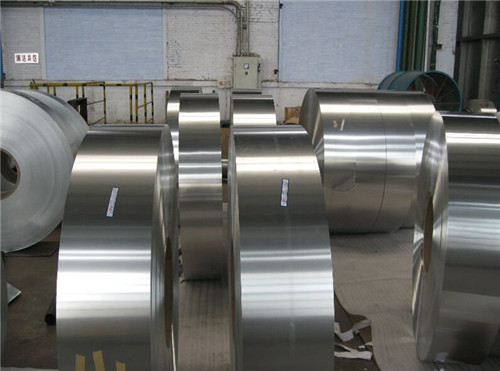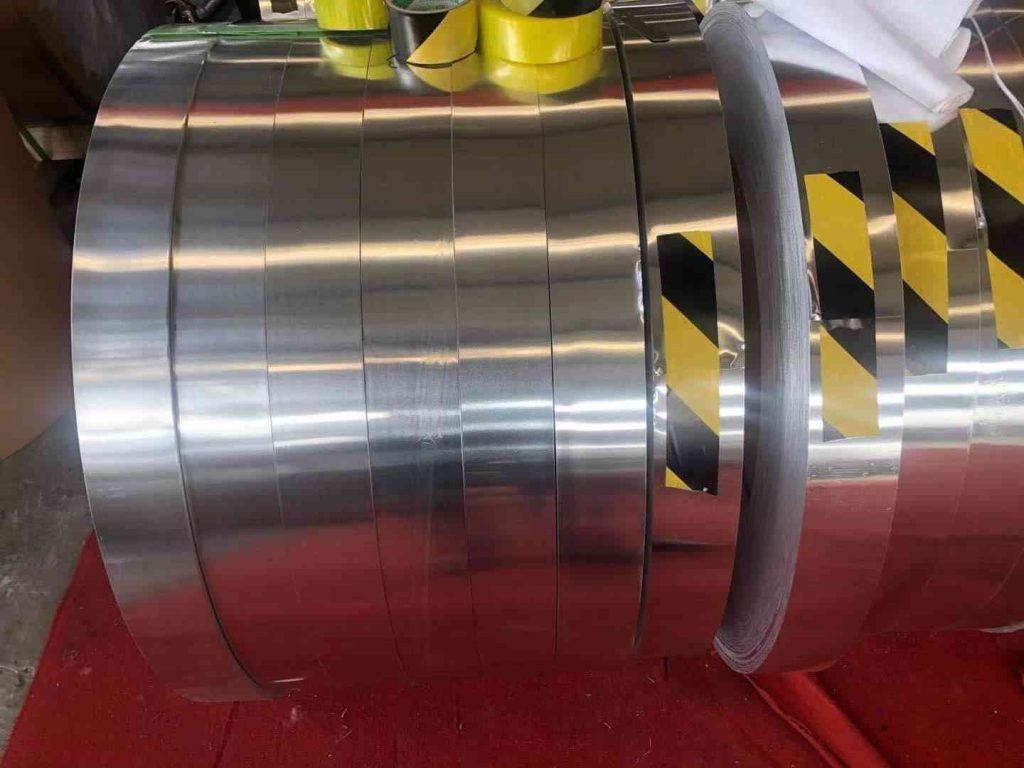3003 aluminum strip is a widely used alloy renowned for its excellent properties and versatile applications across various industries. As a non-heat treatable alloy, it offers a combination of strength, formability, corrosion resistance, and weldability, making it suitable for numerous manufacturing processes and end-use applications.
Chemical Composition
3003 aluminum strip primarily consists of aluminum, with manganese as the main alloying element. It typically contains approximately 1% manganese, which enhances its strength and corrosion resistance while maintaining good formability.
Properties
Strength: Although not as strong as some other aluminum alloys, such as 5052 or 6061, 3003 aluminum strip offers sufficient strength for many applications, especially when cold-worked.
Formability: One of the key advantages of 3003 aluminum strip is its excellent formability. It can be easily formed into various shapes and profiles using conventional cold-working methods, such as rolling, bending, and stamping.
Corrosion Resistance: Thanks to its alloy composition, 3003 aluminum strip exhibits good resistance to corrosion in most environments, including marine and industrial atmospheres. This makes it suitable for outdoor and marine applications where exposure to moisture and corrosive elements is prevalent.
Weldability: 3003 aluminum strip is highly weldable using conventional welding methods such as MIG (Metal Inert Gas) or TIG (Tungsten Inert Gas) welding. It forms strong and reliable welds with minimal risk of cracking or defects.

Applications
3003 aluminum strip finds widespread applications across various industries, including:
Construction: Used in roofing, siding, gutters, and downspouts due to its corrosion resistance and formability.
Packaging: Employed in packaging applications such as foil containers, lids, and closures for its corrosion resistance and excellent formability.
Automotive: Utilized in automotive components such as heat exchangers, radiator cores, and trim parts due to its formability and corrosion resistance.
HVAC (Heating, Ventilation, and Air Conditioning): Used in HVAC systems for evaporator and condenser coils, where corrosion resistance and formability are essential.
Electrical Conductors: Employed in electrical conductors and busbars due to its conductivity and formability.

Conclusion
3003 aluminum strip is a versatile alloy known for its combination of strength, formability, corrosion resistance, and weldability. Its wide range of applications across various industries underscores its importance in modern manufacturing and construction processes. Whether in construction, packaging, automotive, HVAC, or electrical applications, 3003 aluminum strip continues to play a vital role in meeting the diverse needs of different industries.


